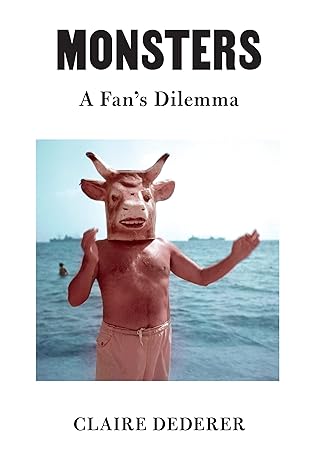More on this book
Community
Kindle Notes & Highlights
I didn’t stop to question who was served by insisting that biography ought not to color our experience of the film.
Simply being told that Allen’s history shouldn’t matter doesn’t achieve the objective of making it not matter.
What you like (i.e., what you consume; i.e., how you participate in the market) is not just more important than who you are: the two things are one and the same.
We now exist in a structure where we are defined, in the context of capital, by our status as consumers. This is the power that is afforded us.
We’re all wandering around in a mistaken daze of failed telepathy.
What is the film trying to do? Does it succeed? Was it a worthy objective in the first place?
my subjectivity is the crucial component of my experience as a critic, and the very best thing I can do is simply acknowledge that fact.
The old-fashioned critic, like the Pythons, can’t see that he’s part of a group, because he’s never been left out. He feels unbounded by his own biases; the critic doesn’t even understand he has biases.
Our feelings seem—they feel—sovereign, but they’re tethered to our moment and our circumstance; and the moments and past circumstances that came before.
Aesthetic experience is tied to nostalgia and memory—that is to say, to subjective experience.


